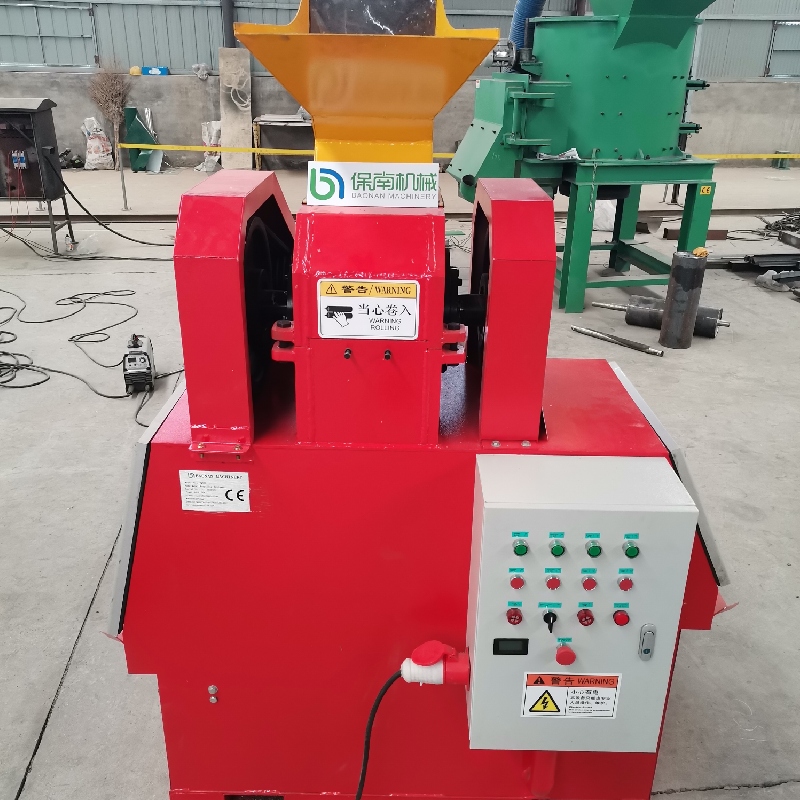

Aug . 13, 2024 22:10 Back to list
The Impact Hammer Crusher An Essential Tool in Modern Industry
The impact hammer crusher is a crucial piece of equipment widely utilized in various industrial sectors, including mining, construction, and recycling. Known for its efficiency and versatility, the impact hammer crusher is designed to process materials into finer particles while maintaining optimal performance. This article delves into the mechanisms, advantages, and applications of the impact hammer crusher, highlighting its significance in modern industry.
Mechanism of Action
The impact hammer crusher operates through a combination of impact force and crushing action. At its core, the machine consists of a rotating rotor equipped with high-strength hammers. As the rotor spins at high speed, these hammers deliver powerful blows to the material fed into the crusher. This impact causes the material to break apart, allowing it to pass through the screen or grate, which determines the desired particle size.
The design of the impact hammer crusher allows it to process a wide variety of materials, including soft to medium-hard rocks such as limestone and gypsum, as well as materials like coal and clay. The adjustable settings of the crusher permit operators to modify the size of the product, thereby enhancing versatility for different production needs.
Advantages of Impact Hammer Crushers
One of the primary advantages of the impact hammer crusher is its ability to produce a uniform particle size, which is essential for many industrial processes. Unlike other crushing machines, such as jaw or cone crushers, the impact hammer crusher generates less dust and has a higher yield rate, making it a more environmentally friendly choice.
The impact hammer crusher also boasts a relatively simple design. With fewer moving parts, it tends to require less maintenance and has lower operational costs compared to other types of crushers. This simplicity contributes to increased uptime and reliability, allowing industries to maintain productivity without frequent interruptions for maintenance.

Furthermore, the energy efficiency of the impact hammer crusher is noteworthy. Its direct drive system eliminates the need for costly and complex gear systems, leading to reduced energy consumption. This not only lowers operational costs but also aligns with today's emphasis on sustainability in manufacturing and production processes.
Applications in Various Industries
The versatility of the impact hammer crusher makes it suitable for numerous applications across different industries. In the mining sector, it is commonly used for breaking down ores and minerals to facilitate further processing. The construction industry benefits from its ability to crush and screen aggregates used in the production of concrete and asphalt.
Recycling is another key area where the impact hammer crusher shines. It can efficiently process various waste materials, including concrete, bricks, and glass, contributing to sustainable waste management practices. By breaking down these materials into reusable products, the impact hammer crusher plays a vital role in reducing landfill waste and promoting recycling efforts.
Moreover, the food industry sometimes employs impact hammer crushers for grinding and milling purposes, such as processing grains, nuts, and spices. This adaptability underscores the machine's role in enhancing efficiency across diverse sectors.
Conclusion
In summary, the impact hammer crusher is an indispensable tool that significantly contributes to the efficiency and effectiveness of various industrial processes. With its ability to produce uniform particles, lower maintenance costs, and energy efficiency, it stands out as a reliable option for industries ranging from mining and construction to recycling and food processing. As industries continue to evolve and emphasize sustainability, the impact hammer crusher is poised to remain a key player in the quest for optimal operational performance.
Latest news
The Future of Metal Recycling: Revolutionizing Waste Management
NewsMay.14,2025
Optimizing Waste with Recycling Lines
NewsMay.14,2025
Municipal Solid Waste Sorting Line: Revolutionizing Waste Management
NewsMay.14,2025
Metal Shredders: Essential Tools for Efficient Recycling
NewsMay.14,2025
Maximize Your Profits with a Copper Wire Granulator
NewsMay.14,2025
Home Metal Shredder: A Smart Choice for Your Home Recycling Needs
NewsMay.14,2025